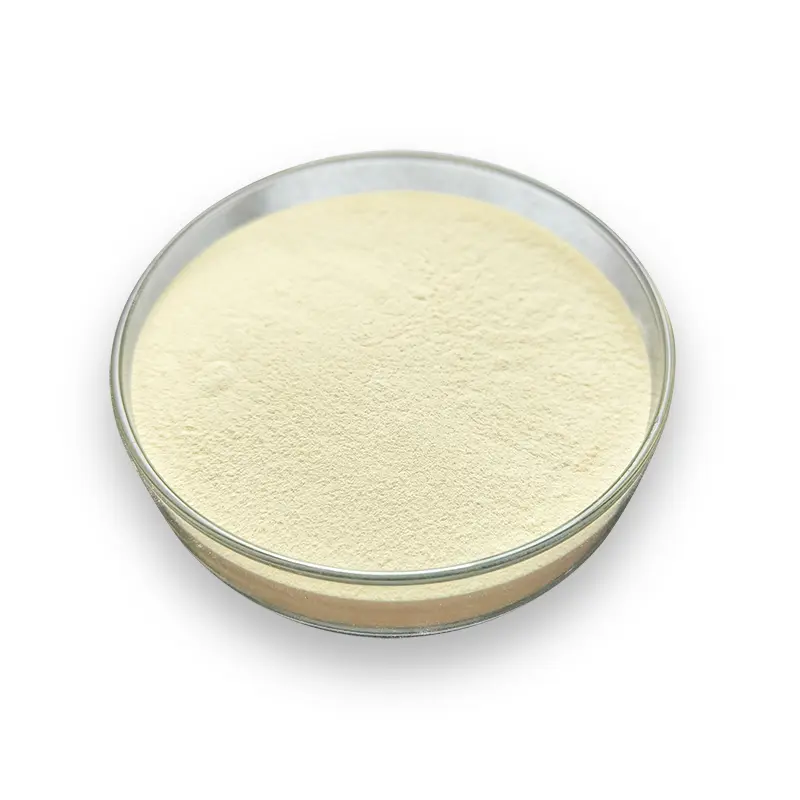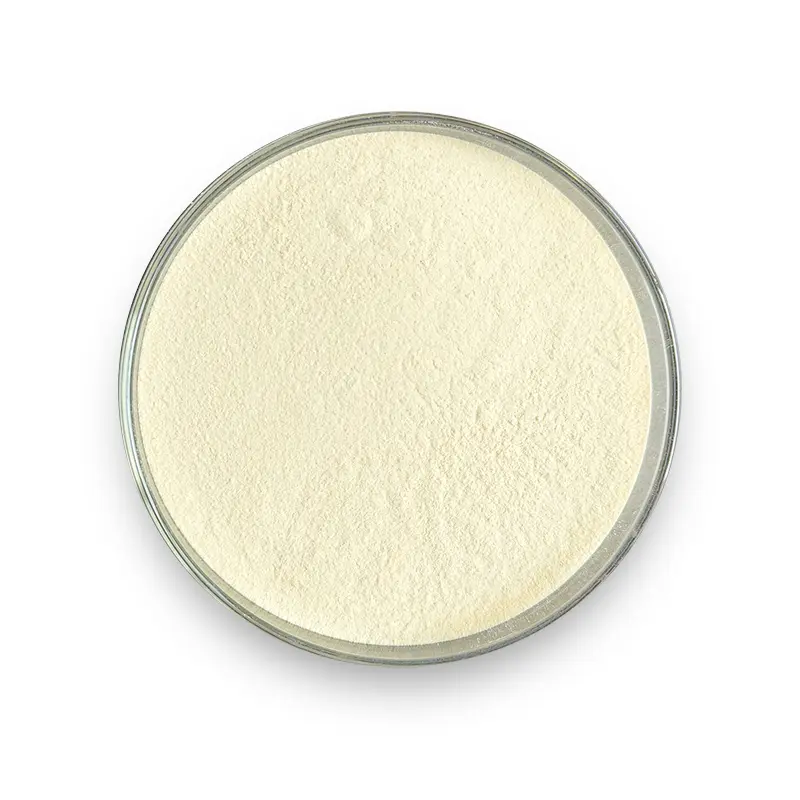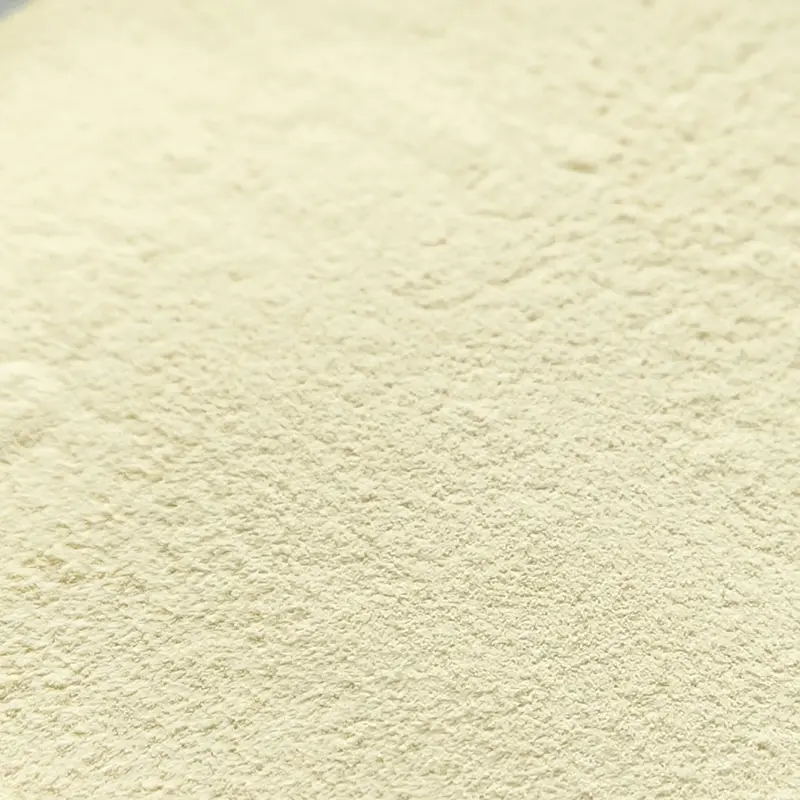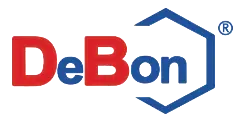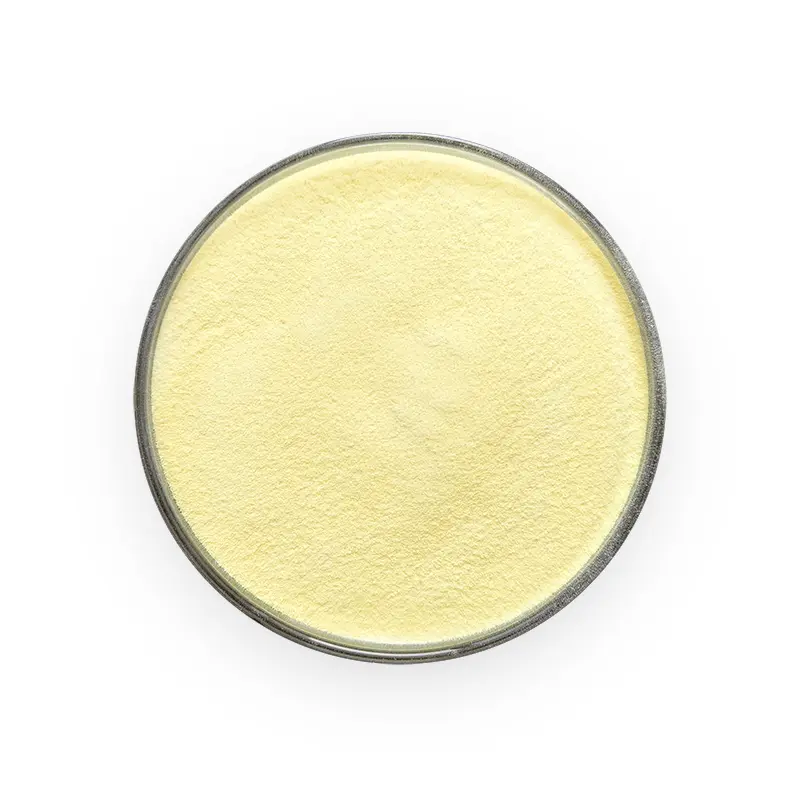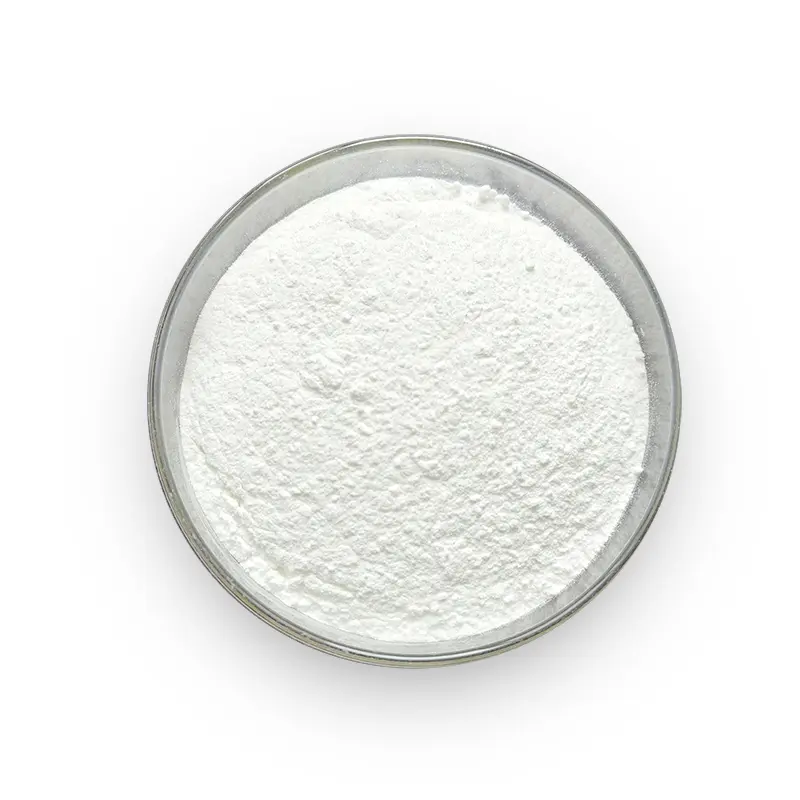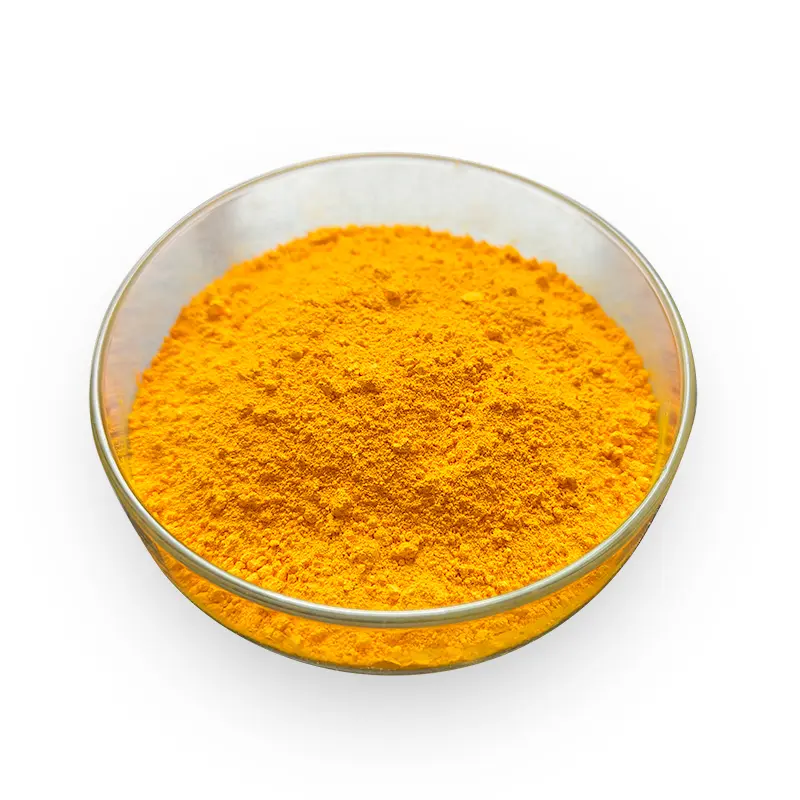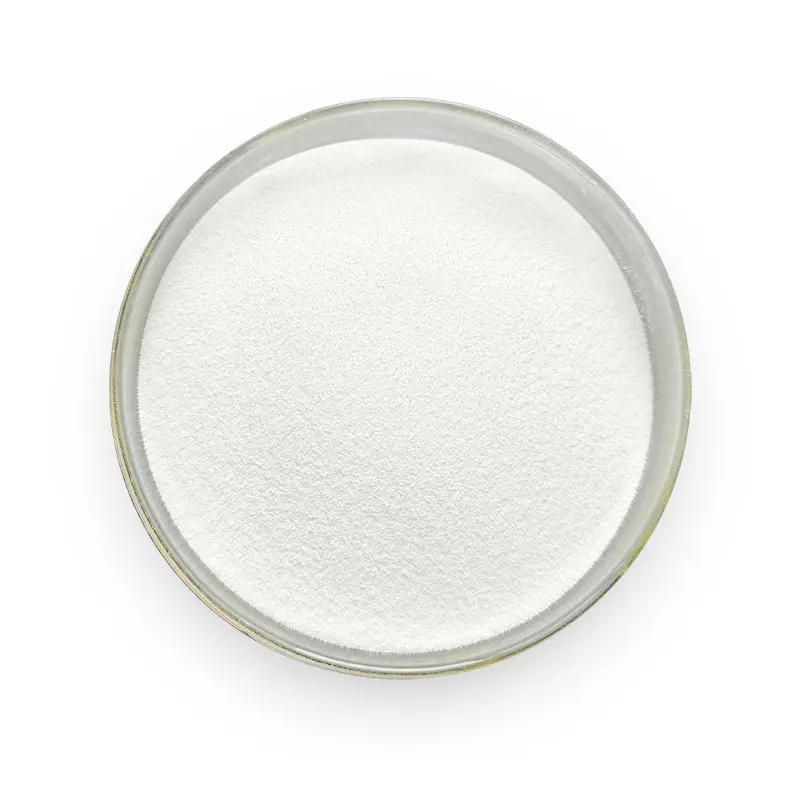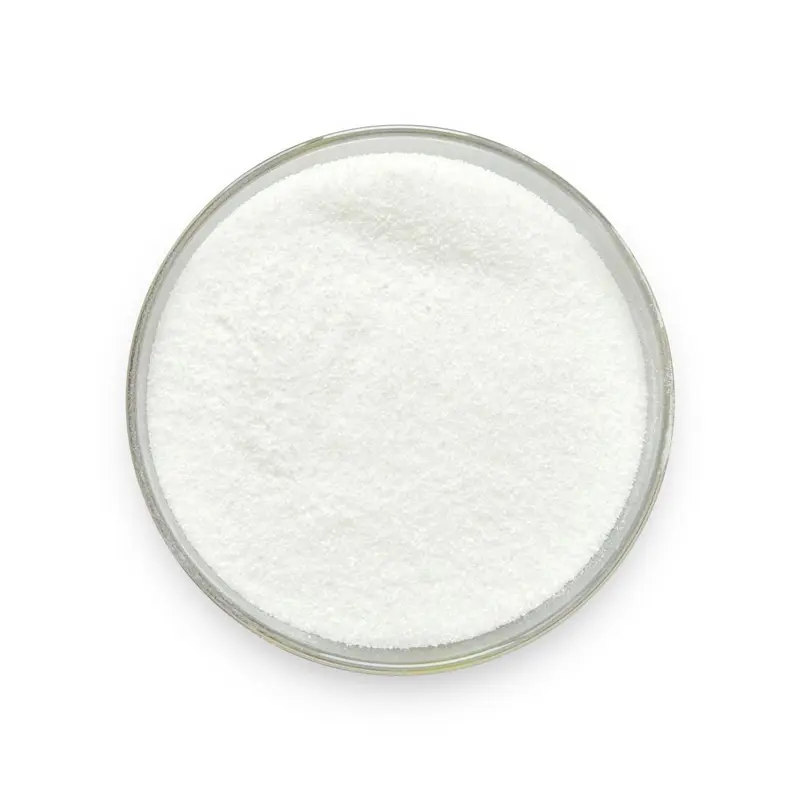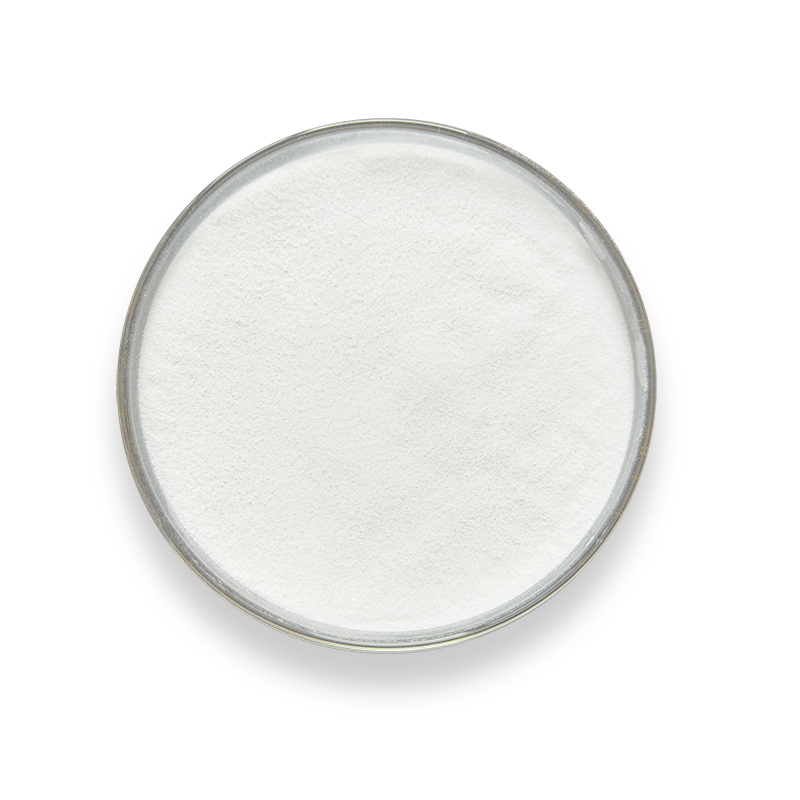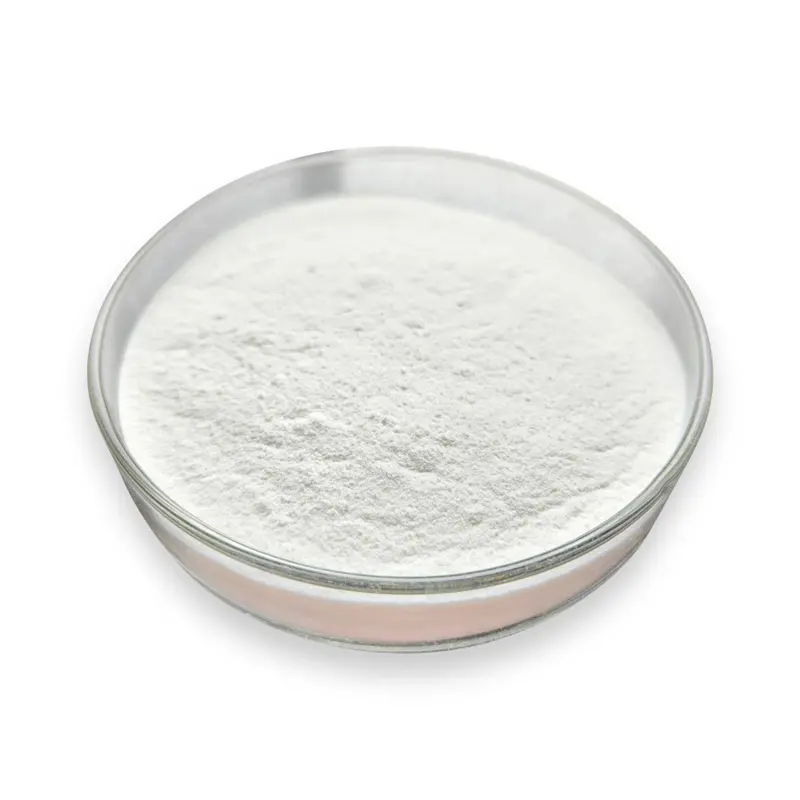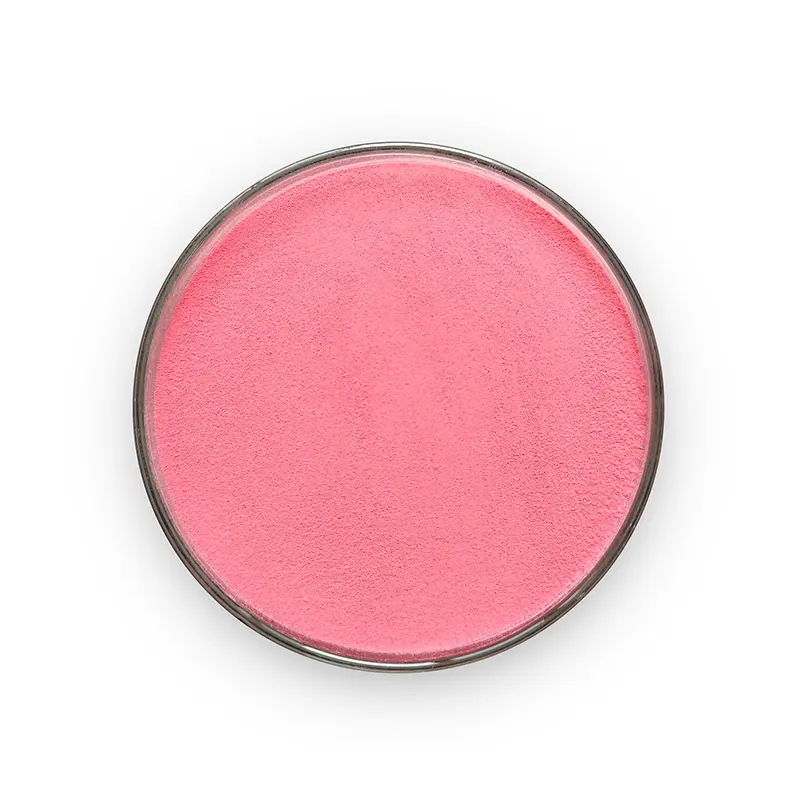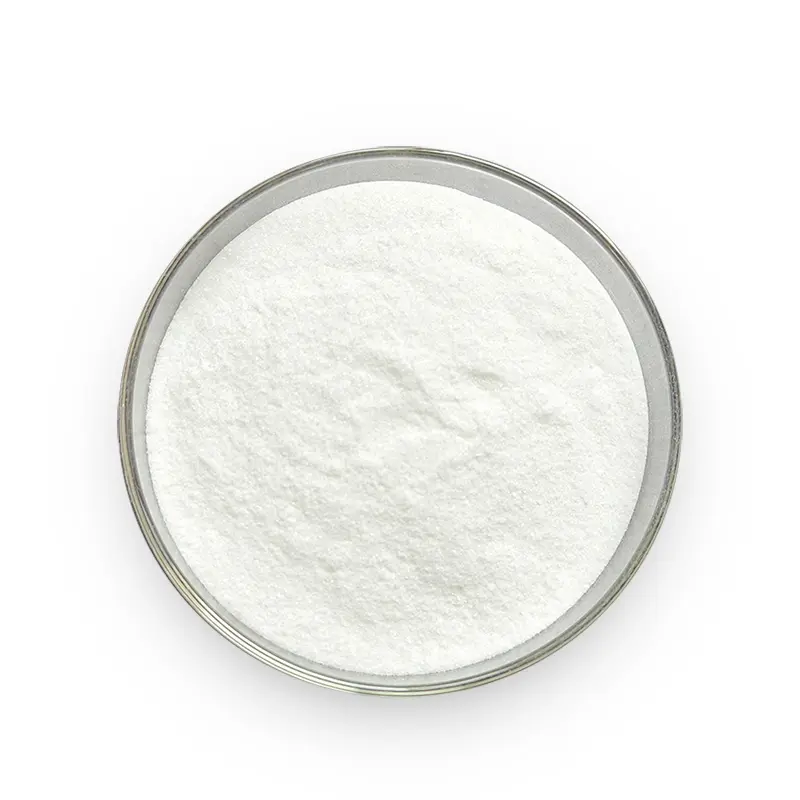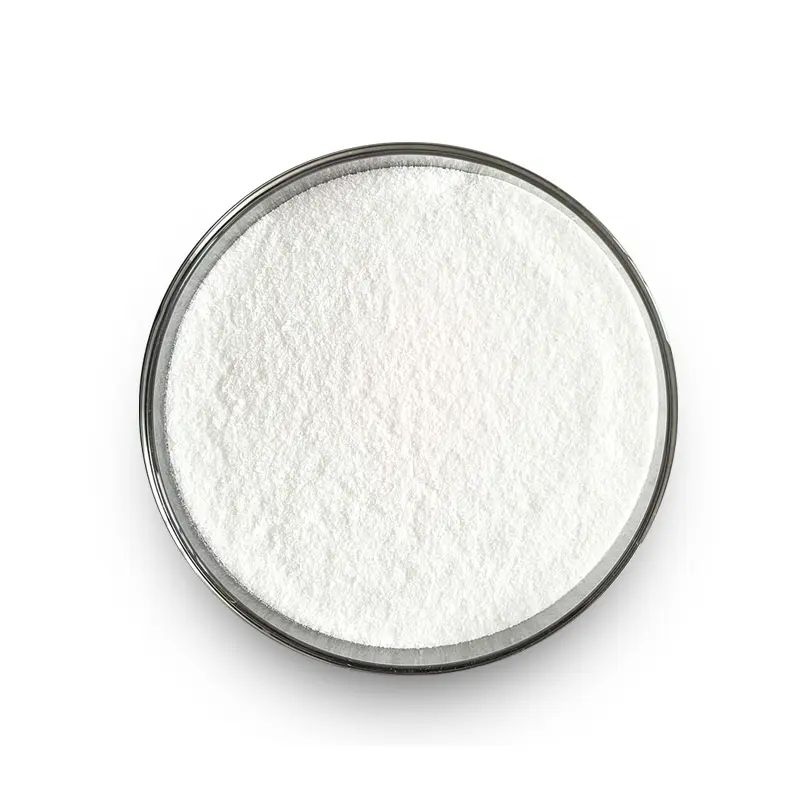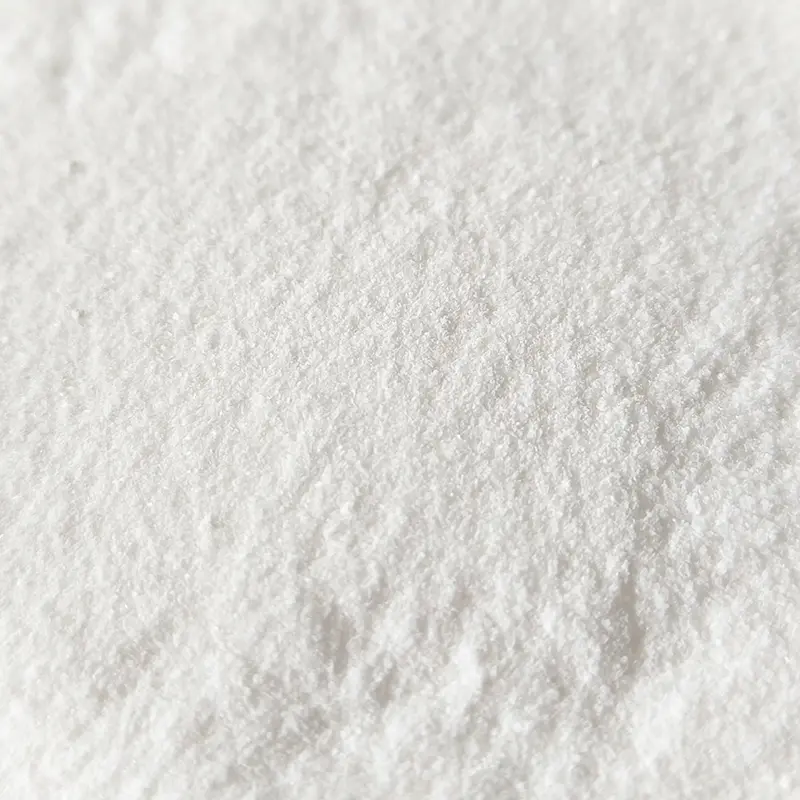DeBon Ultra-Stable Encapsulated 97% Vitamin C (Coated) Feed Additive
Product Specifications
| Product Name | Vitamin C (Encapsulated 97%) |
| Active Ingredient | L-Ascorbic Acid (Vitamin C) ≥97.0% |
| Appearance | White to light yellow free-flowing powder |
| Moisture | ≤2.0% |
| Heavy Metals |
Lead (Pb): ≤5.0 mg/kg Arsenic (As): ≤2.0 mg/kg |
| Compliance Standards | Company Standard |
Functions
Antioxidant Protection: Shields cells from oxidative damage, enhancing animal health.
Immune Support: Strengthens immune response and resistance to diseases.
Stress Mitigation: Reduces stress-related impacts in livestock and aquatic species.
Stability: Encapsulation ensures high stability during feed processing and storage.
Storage & packing
Storage Conditions
Store: In a tightly sealed container, protected from light, moisture, and high temperatures.
Transportation: Handle with care; avoid exposure to rain or damp conditions.
Packaging
Net Weight: 25 kg/bag
Shelf Life:24 months
Usage & Dosage
Application: Uniformly mix into compound feed or premix.
Recommended Dosage:
Follow species-specific guidelines or veterinary recommendations.
Typical dosage ranges (for reference):
Livestock & Poultry: 100–300 g per metric ton of feed.
Aquatic Species: 200–500 g per metric ton of feed.
Note: Adjust based on nutritional requirements and feed formulation.
FAQs
1.What are the key advantages of encapsulated Vitamin C over non-encapsulated forms?
This 97% encapsulated Vitamin C uses lipid-based microencapsulation to achieve:
Heat stability: Retains 98% activity after pelleting at 95°C for 5 minutes.
Moisture resistance: Prevents clumping in high-humidity feed mills.
Targeted release: pH-sensitive coating ensures gradual release in the intestinal tract.
2.How does encapsulation improve stability during processing?
Oxidation Resistance: 70% slower oxidation vs. non-encapsulated forms.
pH Tolerance: Stable in pH 2–9, suitable for acidic/alkaline premixes.
3.Is it compatible with high-mineral premixes or antibiotics?
Compatible:
Choline chloride (any concentration) – no hygroscopic interaction.
Oxytetracycline, Zinc bacitracin – no coating degradation observed.
Incompatible:
Bentonite (>5% inclusion) – abrasive damage to microcapsules.
Citric acid (>3% in premix) – premature coating dissolution in acidic conditions.
Compatibility
Compatible With:
| Category | Examples | Best Practice |
| Fat-soluble vitamins | Vitamin E, Vitamin A | Add encapsulated C after oil-based vitamins |
| Minerals | Organic selenium, MnO | No abrasive effect on microcapsules |
| Antioxidants | BHT, Ethoxyquin | Synergistic protection during storage |
| Enzymes | Phytase, Xylanase | No interference with coating integrity |
Incompatible With:
| Substance | Risk | Mitigation Strategy |
| Kaolin clay carriers | Abrasion destroys microcapsules | Use silica-based carriers instead |
| High-shear mixers (>2,000 rpm) | Coating rupture | Limit mixing time to <5 minutes |
| Propionic acid (>2% in premix) | Premature dissolution | Use buffer agents (e.g., calcium carbonate) |
| Ethanol (liquid feed) | Solvent effect on lipids | Dry premix only |
product details
